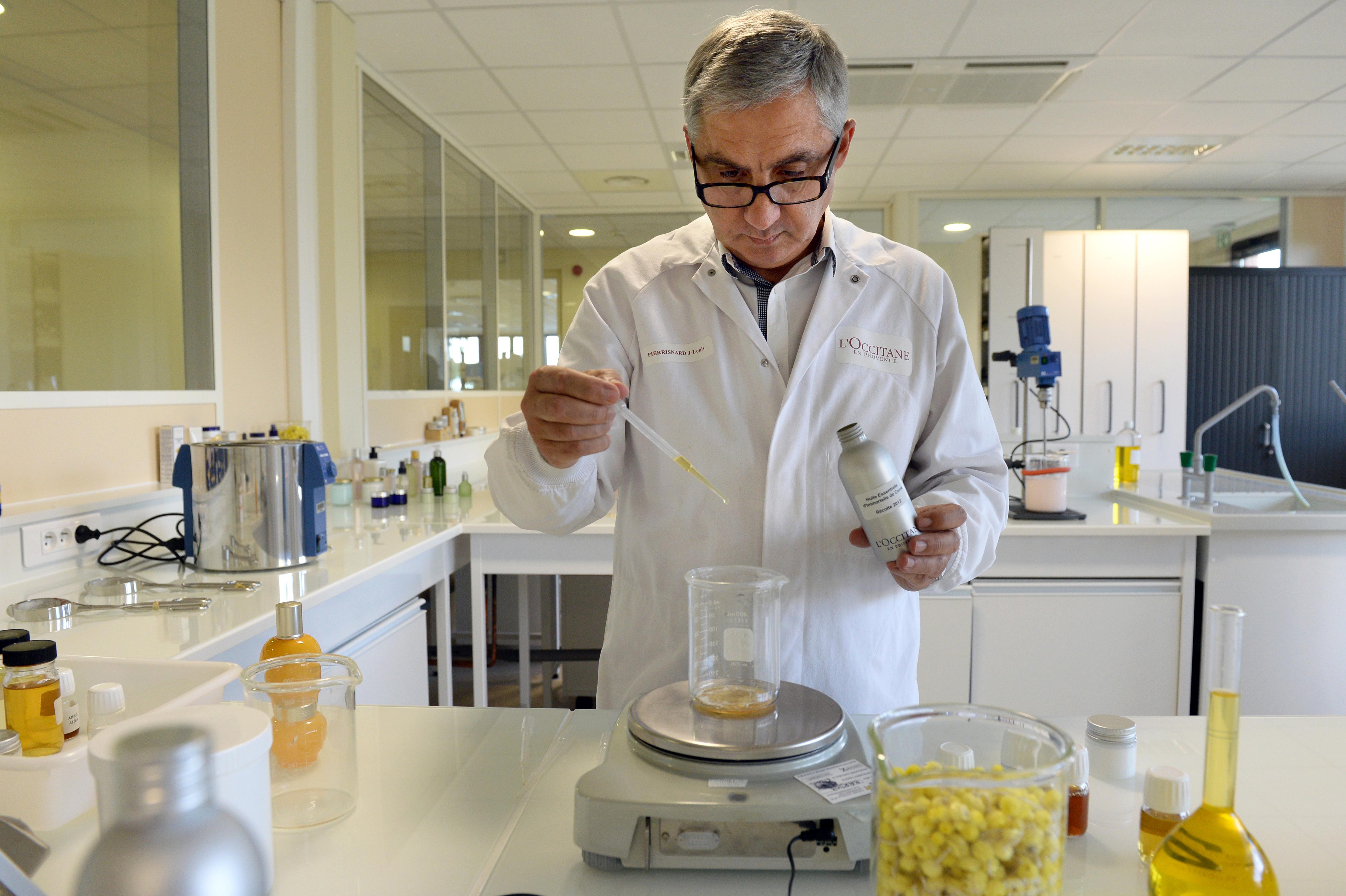This month, I’ve written a few posts defending the idea that you can believe in young-Earth creationism—a complete fiction—and still practice good science. Most readers who responded to these articles disagreed. I’ve read more than a thousand of your comments, looking for insights that can help us think more clearly about this question. Some of what you’ve written requires me to amend or clarify what I’ve said. Some of it, however, should prompt reflection among those of you who say science and creationism are incompatible.
Here are some of the best reader comments. I’ll start with the ones that made me rethink my own position.
SirWired: Biblical literalism doesn’t make you inherently a poor engineer, or a poor scientist (as long as your field does not intersect the bible in any way), but it certainly makes your critical thinking skills suspect.
Alcibiades232: you can’t be the best thinker/discoverer you can be AND believe in nonsense. You can be an athlete and be fat at the same time, too. It’s like that.
Lon: religion can be compartmentalized because many religions do not think that religion makes scientific claims. By contrast, Creationism is a scientific claim. … [B]elieving that Jesus dies and was miraculously resurrected on the cross, is not a scientific belief, and believing it does not do damage to science, or require an ignorance of science.
I agree with the first two comments here. Insisting on biblical literalism in the face of contrary evidence does impair that part of your mind, and it does make me worry about your ability to confine the impairment. But I’m open to persuasion based on your job performance.
I also like Lon’s distinction between singular religious claims, such as the resurrection of Jesus, and global religious claims, such as biblical accounts of the origin of species. It’s much easier to compartmentalize the former than the latter. This makes Jennifer Wiseman a far more credible scientist than Ken Ham.
But the comments section also includes reports of real, live creationists who practice science. Here are some of those reports:
G. Dannek: I’ve known many excellent scientists who are religious, a subset of whom are honest-to-god young earth creationists. They’re a very small minority in the sciences, to be sure, but they exist, and the ones I’ve known have been productive, careful, effective researchers. People can handle it in all sorts of ways; by avoiding thinking about the conflict, by assuming there’s some sort of atheist conspiracy to overstate the evidence for the age of the earth and never examining that assumption, etc. You just wall off your implausible beliefs from your critical thinking faculties, and as long as they don’t overlap your field of study, the beliefs about origins and the critical thinking about everything else continue functioning just fine.
antithetical scientist: one of the brightest scientists i ever met was a happy-go-lucky christian who believed in creationism. that “dummy” has moved the field of genetics farther than most of these slate posters could ever dream.
dallasd: I did once meet an astronomer who was a young earth creationist. But she compartmentalized. The Big bang theory was true when she was at work, but at home she was a creationist.
LaFollette Progressive: I once worked in a chemistry lab with a PhD candidate who was both a fervent creationist and a perfectly good researcher (in a field with absolutely zero relevance to cosmology or evolution). He also seemed to think Rush Limbaugh was an eminent sociologist and an expert on climatology, which demonstrates more clearly the inherent flaw in the compartmentalized practice of science—people with ANY ideological commitments that run deeper than the desire to uncover the truth about the natural world are inherently compromised as scientific researchers. … That said, as long as the subject in question was completely untainted by religion or politics, this person was an insightful and diligent researcher. Compartmentalization can work quite well until it doesn’t.
Pax: I do know some brilliant scientists who are very religious. You can literally hear their brain shut down the logic centers when it comes to religious discussions…
Alath In: The guy who invented enzyme linked immunosorbent assay (the ELISA tests most commonly known as urine pregnancy tests, but used in medicine for many other indications) is also a climate change denier. I know an interventional radiologist who is brilliant and widely published in her field, while at the same time believing that rape is impossible because, she says, a woman who doesn’t want to have sex can simply close the sphincter muscle around her vagina. The rationality and deference to evidence that all good scientists have in their own field of expertise does not always—in my experience, hardly ever—pervades into fields outside their expertise.
Some of these accounts trouble me. They remind me that the will to reject evidence is a defect, and one can never be sure how far that defect might extend. But they also show (as do other cases) that it’s possible to practice good science while espousing creationism or other myths. In the face of these stories, how can you deny that what these people have done is possible? How can you insist that creationist beliefs are incompatible with science, without rejecting evidence yourself?
